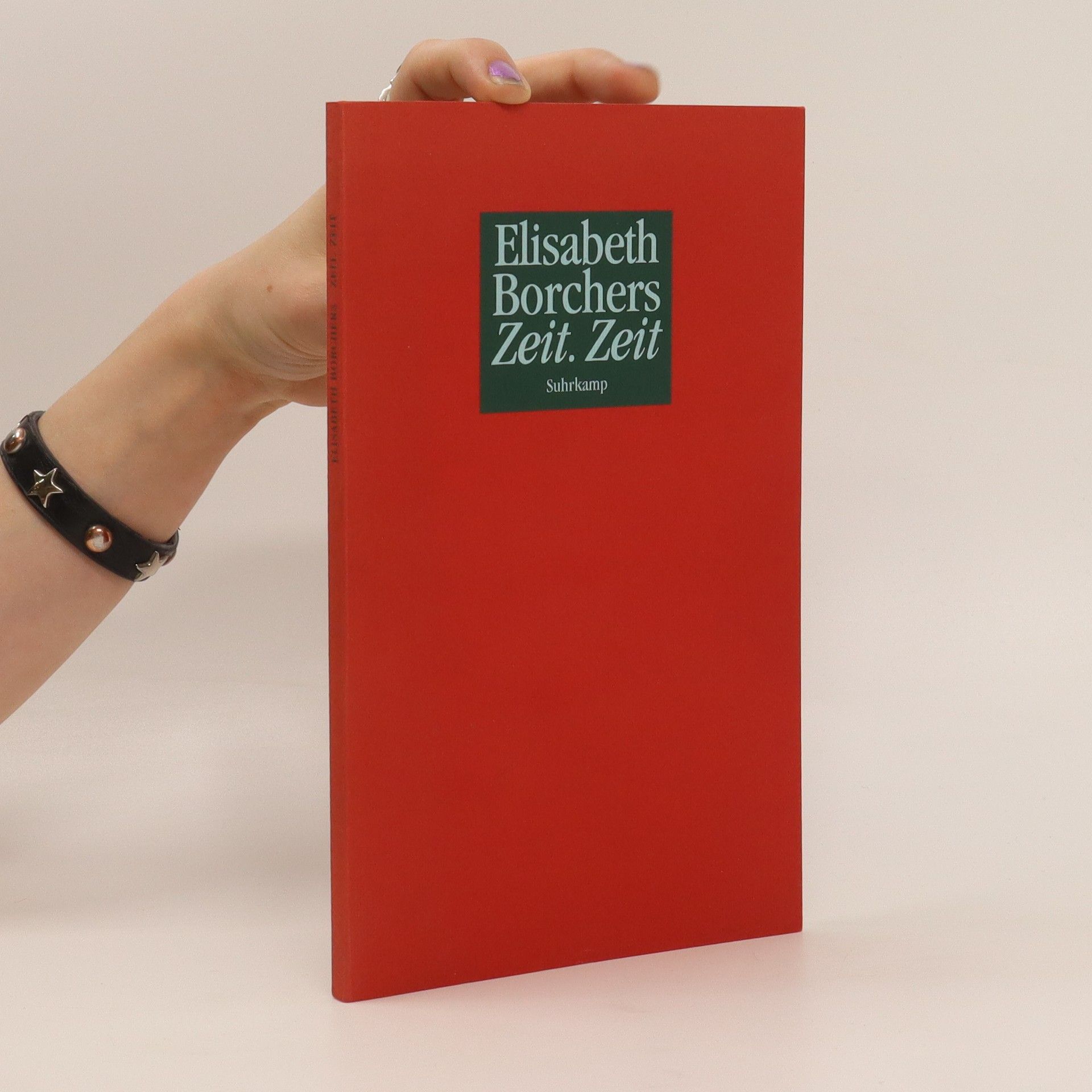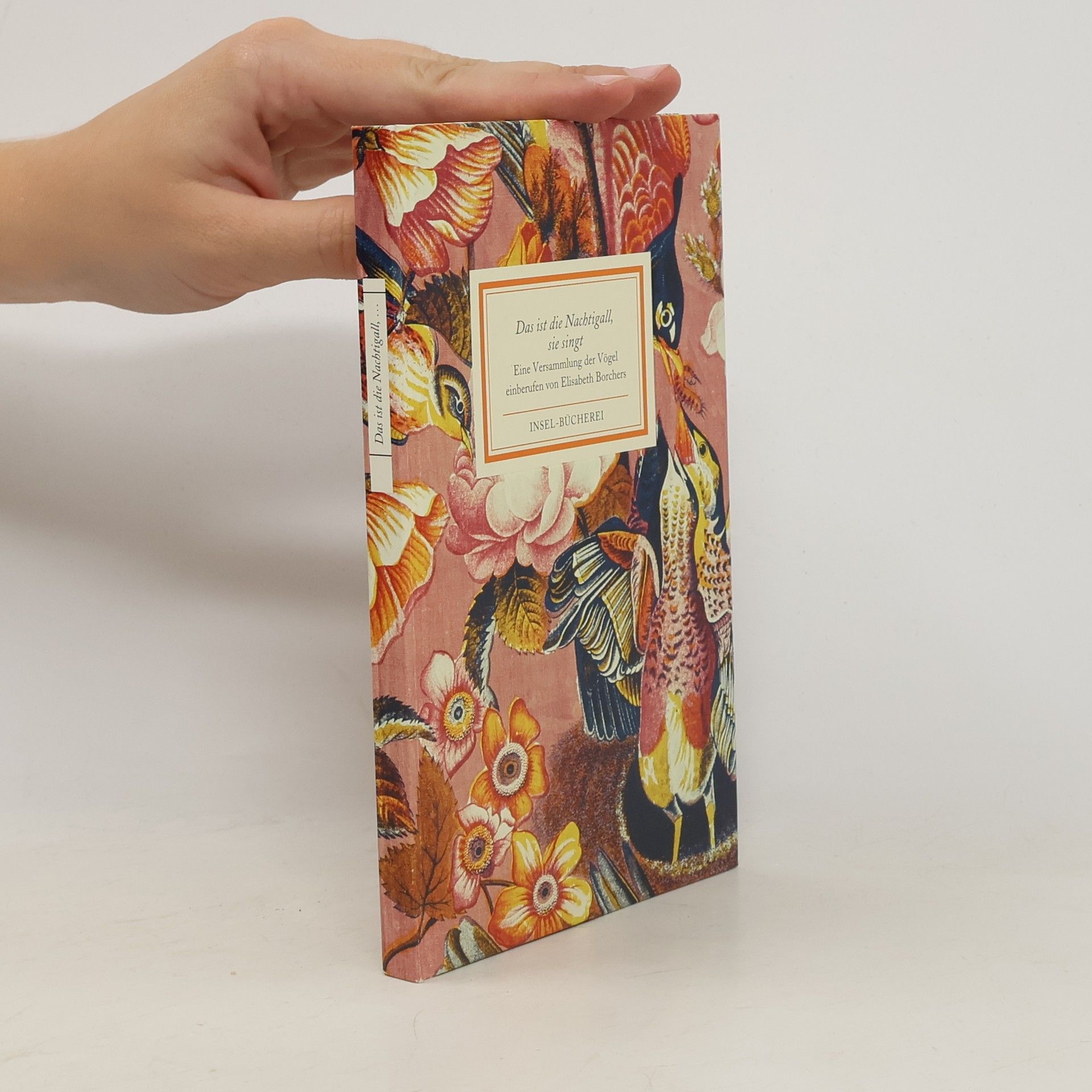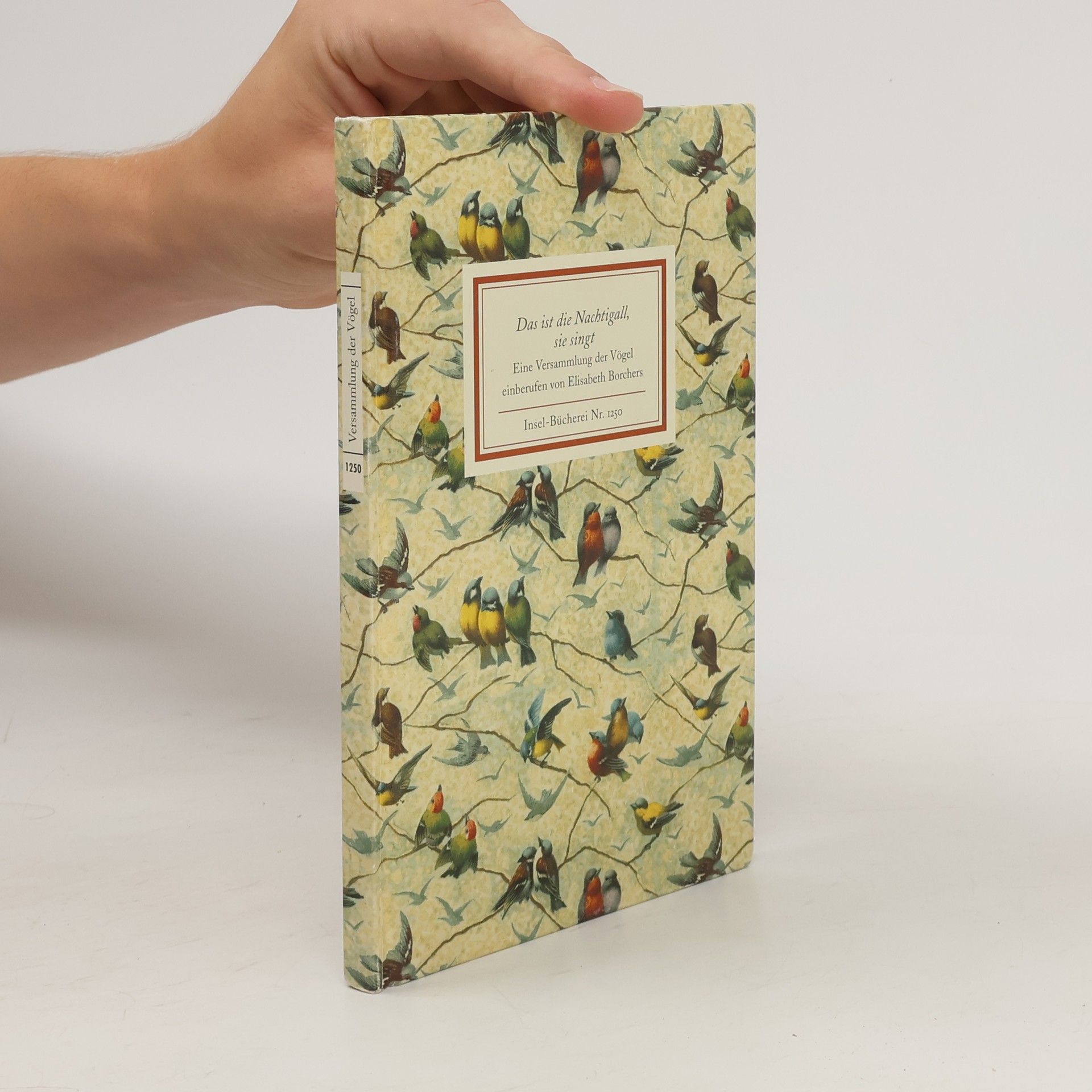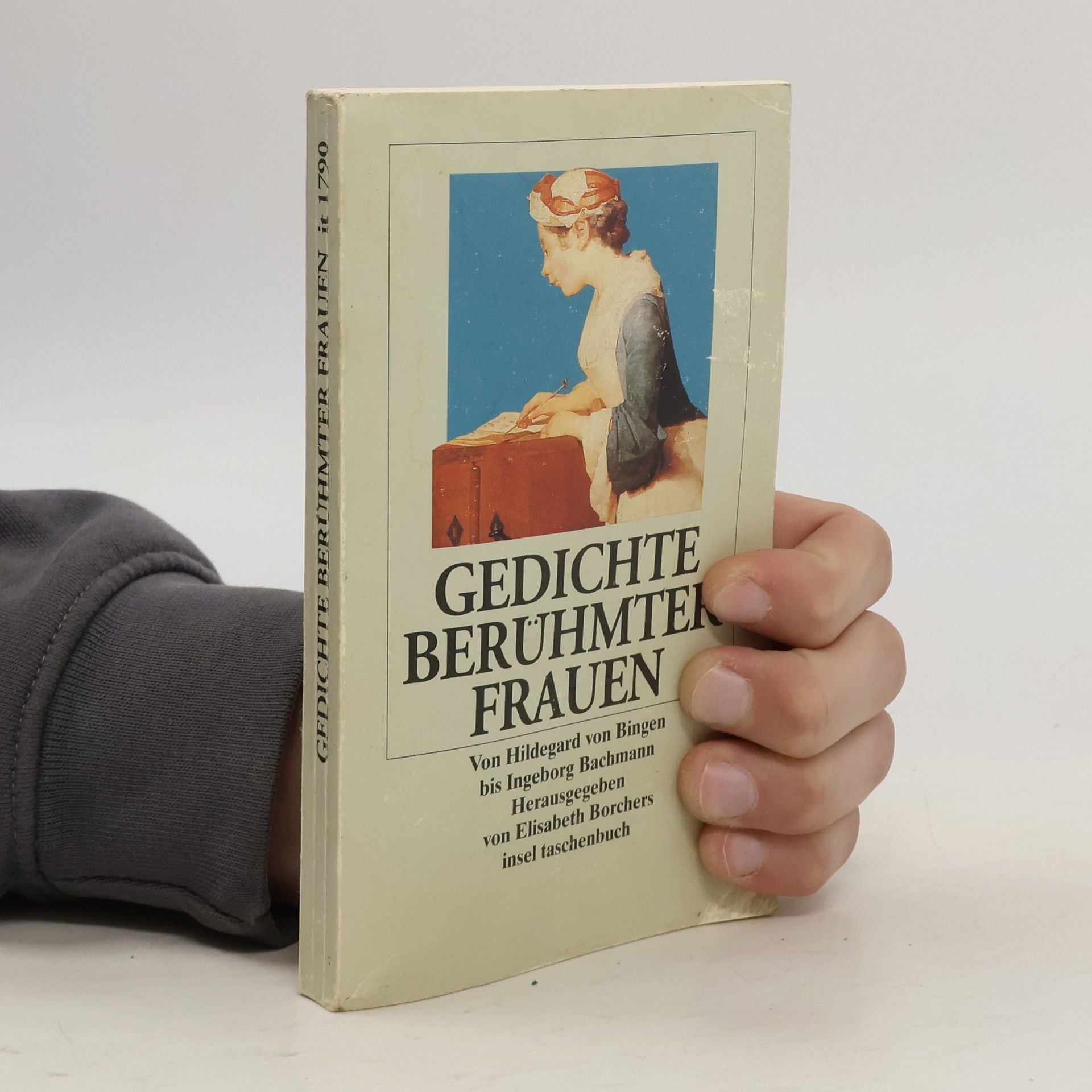»Wenn das gelingt, was mir Arnold empfohlen hat, müsste der Titel lauten: Nicht zur Veröffentlichung bestimmt. Nach nahezu 40 Jahren ein rücksichtsloser Blick auf Verlag, Autoren, Bücher, Manuskripte …«So beginnt ein Manuskript, das Elisabeth Borchers, die große Lyrikerin und legendäre Lektorin (»Das literarische Gewissen des Suhrkamp Verlags«, pflegte Siegfried Unseld über sie zu sagen), hinterlassen hat. Zwischen 1999 und 2005 hat sie an einem autobiographischen Text gearbeitet, den sie nicht beenden konnte. Auch wenn sie Arnold Stadlers Anregung zunächst folgt und von ihren Begegnungen mit Dichtern wie Bohumil Hrabal, Uwe Johnson, Martin Walser oder Jurek Becker erzählt (und sich dabei nicht vor kräftigen Aussagen und harten Urteilen scheut, nehmen ihre Aufzeichnungen bald eine überraschende Wendung. Mehr und mehr gleitet sie ins eigene Ich, das Ich einer Frau, die sich im hohen Alter noch einmal der Wucht und der quälenden Macht einer großen Liebe aussetzt. Wie sie, eine grande dame par excellence, dieses Lieben erfährt, ist der Kristallisationspunkt dieses Fragment gebliebenen Manuskripts – und ein ergreifendes Dokument.
Elisabeth Borchers Book order (chronological)
Borchers' literary output spanned fiction, poetry, and plays, also encompassing children's literature and translations from French. Her work is distinguished by profound insights into the human psyche and a poetic language that reflects her life experiences, including her adolescence during World War II in Alsace. Borchers' writing is valued for its authenticity and its ability to capture the complexity of interpersonal relationships and the inner lives of her characters. Her influence is evident in German literature, where she contributed to the development of modern poetry and prose.



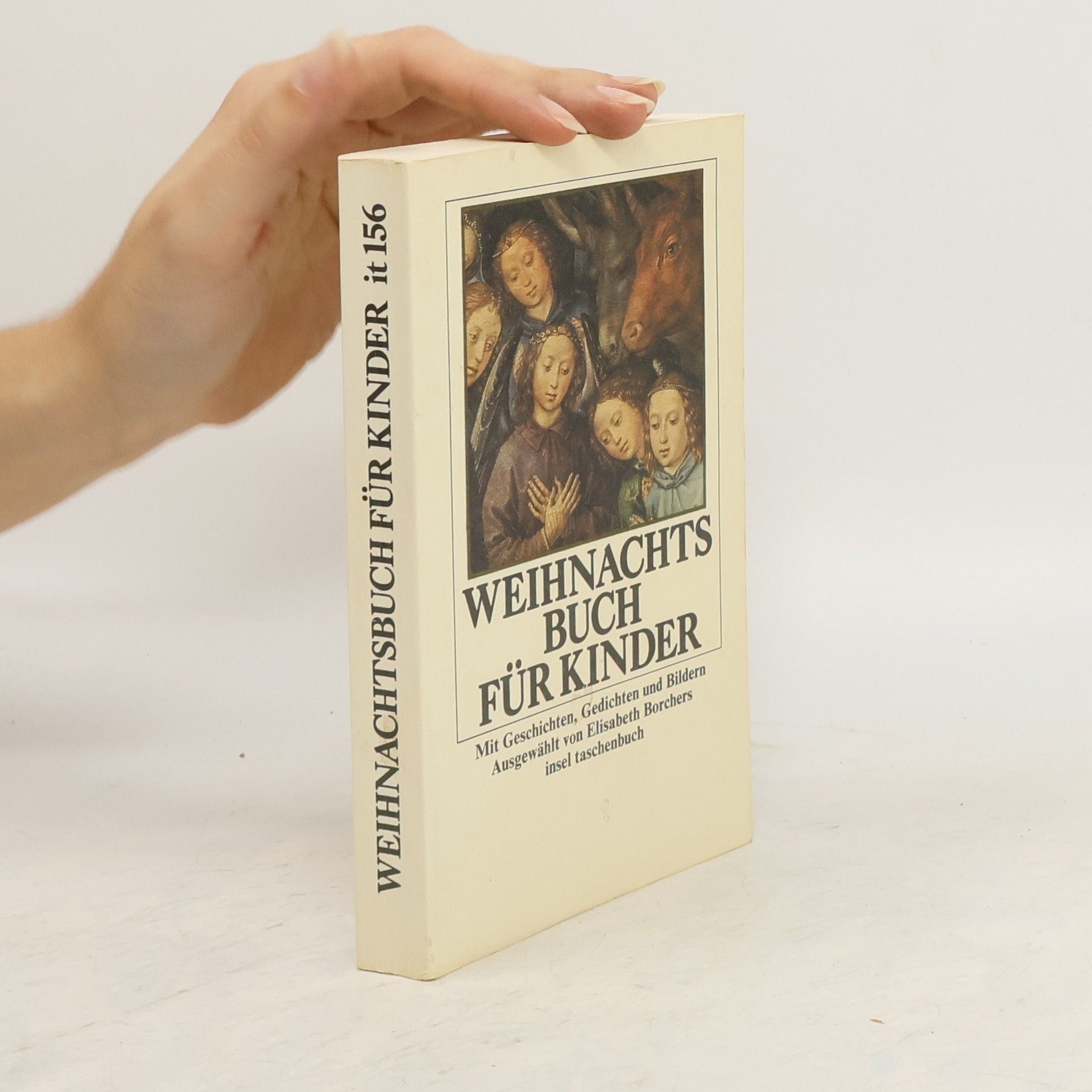
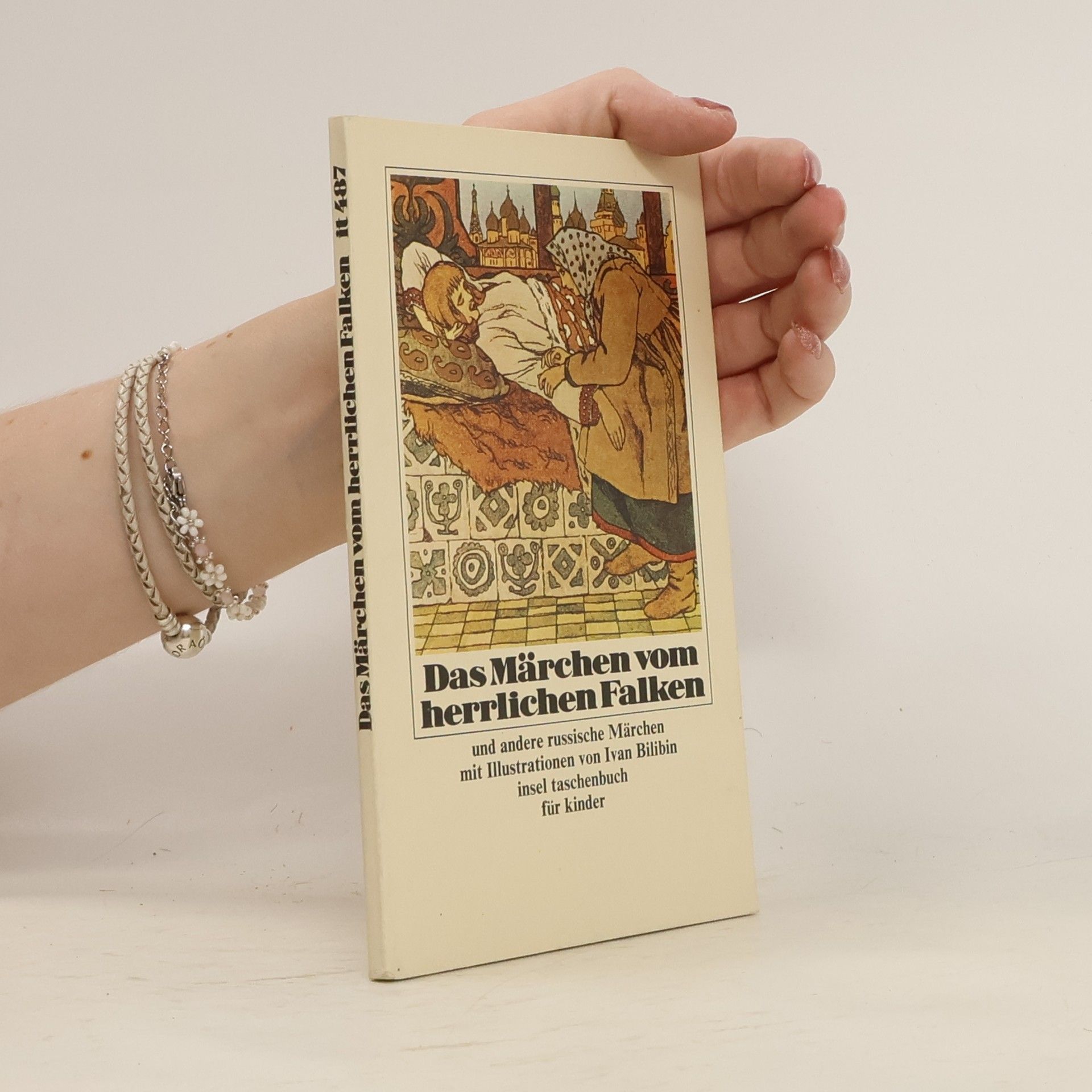
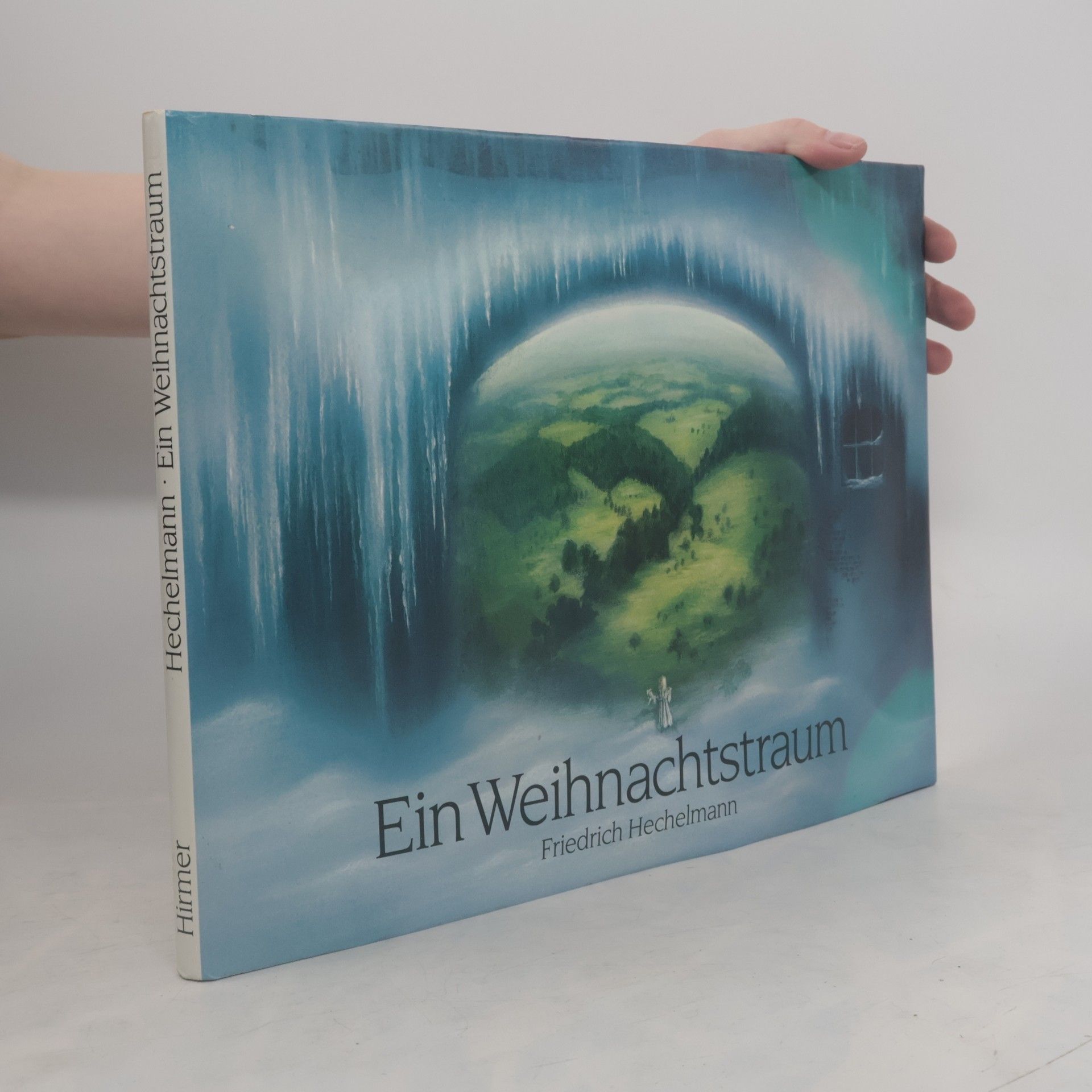
Gedichte. Ausw. u. Nachw. v. Elisabeth Borchers
- 272 pages
- 10 hours of reading
Zeit. Zeit
- 48 pages
- 2 hours of reading
Zeit. Zeit ist ein neuer Gedichtband von Elisabeth Borchers, ein opus magnum, ein klares, schönes, leuchtendes, weises Buch.
Das ist die Nachtigall, sie singt
Eine Versammlung der Vögel
Die Nachtigall, die Meistersopranistin unter den Vögeln, verschönert nicht nur stimmlich die Welt, sondern hat auch Heerscharen von Dichtern inspiriert – schon den Dichtern des alten China war die Nachtigall ein Symbol der Poesie, der Liebe und der Weisheit. Lessing, Meister der Fabel, bittet die Nachtigall, ihm bei der Belehrung uneinsichtiger Menschen behilflich zu sein. Immer wieder aber ist es Heinrich Heine, der uns die Nachtigall herbeizaubert: »Im Anfang war die Nachtigall / Und sang das Wort: Züküht! Züküht!/ Und wie sie sang, sproß überall / Grüngras, Triolen, Apfelblüt.« Und weiter heißt es: »Sie biß sich in die Brust, da floß / Ihr rotes Blut, und aus dem Blut / Ein schöner Rosenbaum entsproß / Dem singt sie ihre Liebesglut.« Der Gesang der Vögel und ihr Flug sind Bilder, wenn die Sprache an ihre Grenze stößt. Der vorliegende Band versammelt einige der schönsten Gedichte von Hölderlin, Eichendorff und Heine bis zu Bertolt Brecht, Ingeborg Bachmann, Paul Celan, Pablo Neruda und Günter Eich.
Elisabeth Borchers ist eine Lyrikerin ersten Ranges, die sich mit ihre höchst eigenwilligen, unverwechselbar schönen und immer wieder irritierenden Gedichten »in das Gedächtnis ihrer Leser und wohl auch in die Geschichte der deutschen Lyrik eingeschrieben hat« (Frankfurter Allgt meine Zeitung). Arnold Stadler hat für dieses Buch, das zum 75. Geburtstag der Autorin erscheint, aus einem reichen Œuvre die schönsten Stück ausgewählt – Gedichte, die er auf eine Insel mitnähme, wie er in seiner Nachwort schreibt.
Die schönsten Liebesgeschichten
- 375 pages
- 14 hours of reading
Elisabeth Borchers wurde am 27. Februar 1926 in Homberg am Niederrhein geboren. Aufgewachsen ist sie im Elsaß. Es folgten Aufenthalte in Frankreich und in den USA. Elisabeth Borchers war Mitglied des P. E. N. Zentrums der Bundesrepublik Deutschland, der Internationalen Erich Fried Gesellschaft für Literatur und Sprache in Wien und der Académie Européenne de Póesie, Luxemburg. Sie verstarb 2013 in Frankfurt am Main.
»Hundert Freuden« enthält eine Auswahl aus Wislawa Szymborskas Gesamtwerk von 1945 bis 1986. Ebenfalls im Suhrkamp Verslag sind erschienen: »Salz.« Gedichte (1973), »Deshalb leben wir.« Gedichte (1980) und »Auf Wiedersehen. Bis morgen.« Gedichte (1995)
Gedichte berühmter Frauen
- 312 pages
- 11 hours of reading
Elisabeth Borchers wurde am 27. Februar 1926 in Homberg am Niederrhein geboren. Aufgewachsen ist sie im Elsaß. Es folgten Aufenthalte in Frankreich und in den USA. Elisabeth Borchers war Mitglied des P. E. N. Zentrums der Bundesrepublik Deutschland, der Internationalen Erich Fried Gesellschaft für Literatur und Sprache in Wien und der Académie Européenne de Póesie, Luxemburg. Sie verstarb 2013 in Frankfurt am Main.
Das Weihnachtsbuch für Kinder
- 261 pages
- 10 hours of reading

